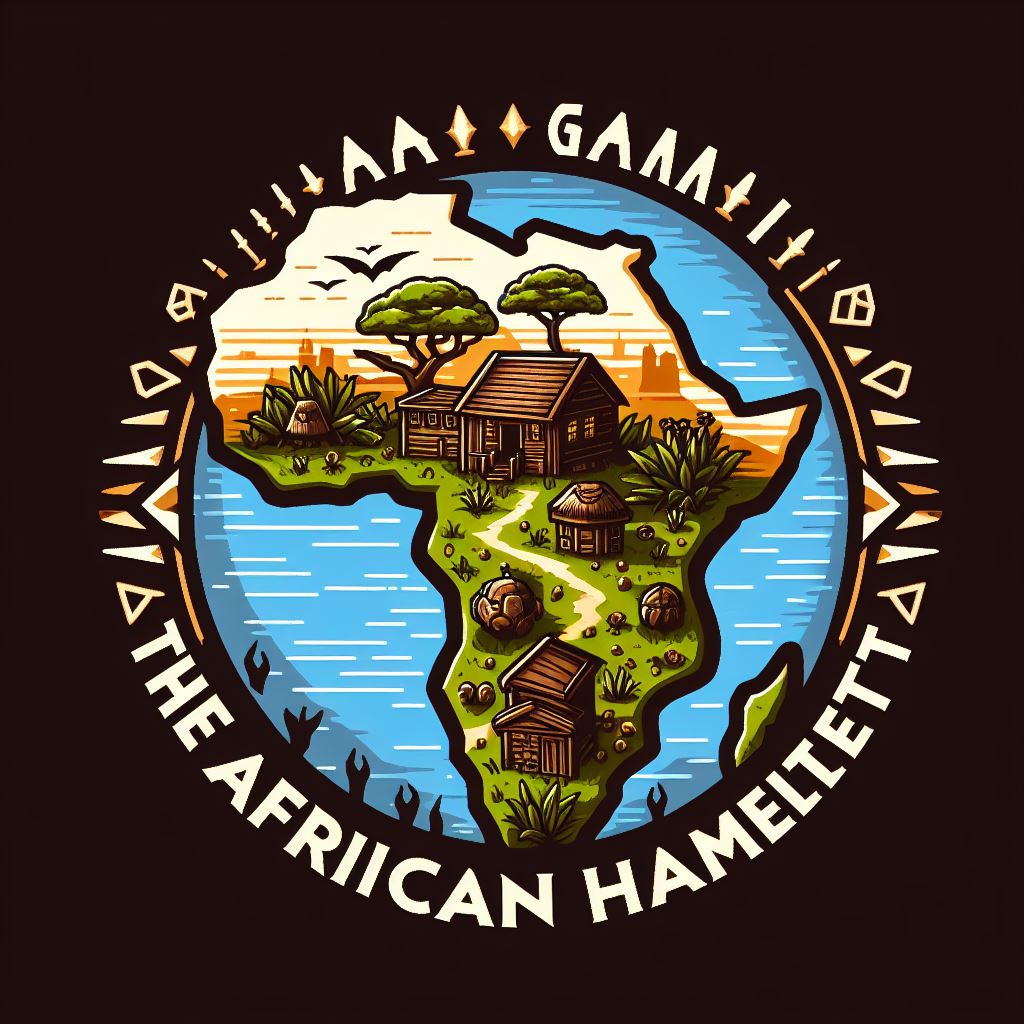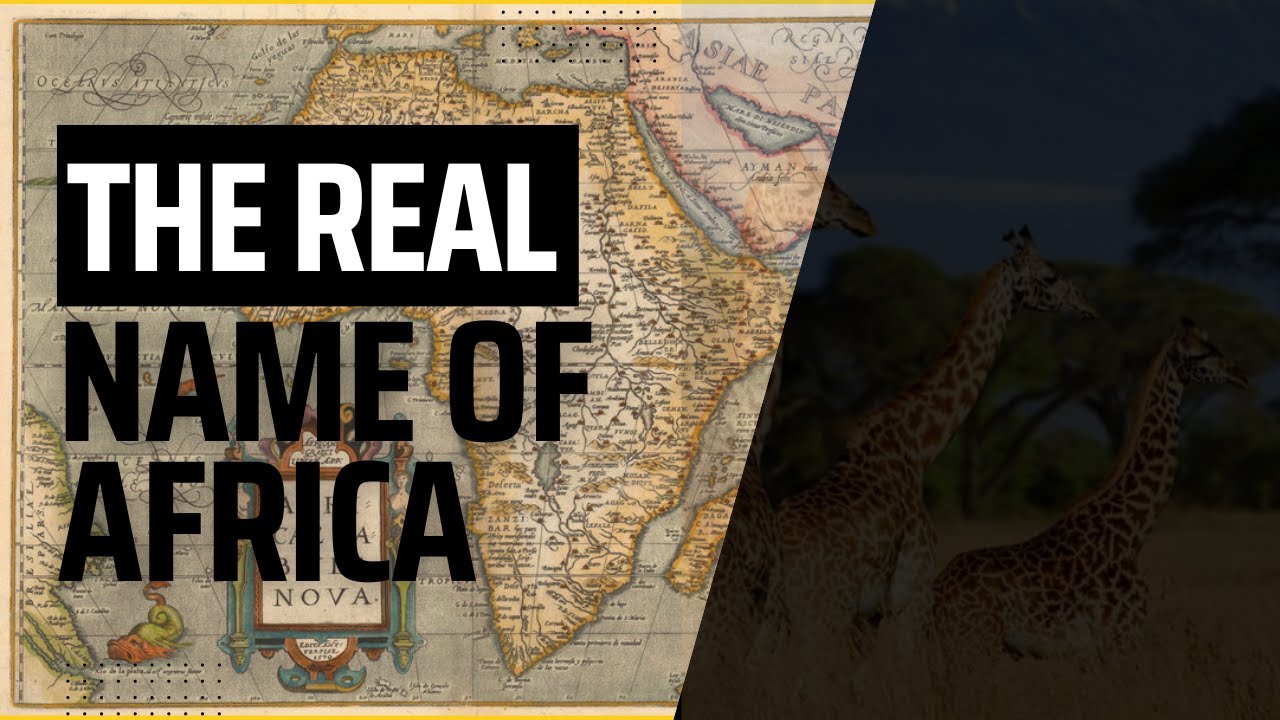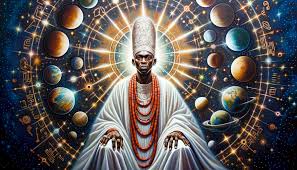How Africa Got Its Name – The Fascinating Origin of Africa
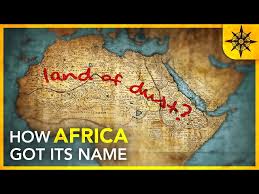
Picture this: you’re standing under the African sky. The sun is warm, and a light breeze flows by. Below you, there are endless plains, dense jungles, and vast deserts. When we think of Africa, we see a continent full of culture and history. But did you know that the name Africa wasn’t always used for this land? It used to go by many names, each one reflecting the people who lived there.
What Did People Call Africa Before?
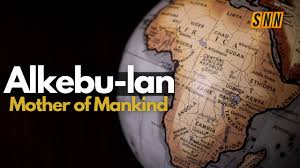
Before the name Africa took over, many different names were used. One of the oldest names is Alkebulan, which may mean “Mother of Mankind” or “Garden of Eden.” This highlights Africa as the birthplace of humanity.
Alkebulan has a deep meaning. It shows Africa’s rich history and its role in nurturing life. Long before other cultures influenced it, ancient African societies used this name. It reminds us that Africa has been a center of life and culture for a long time.
However, other groups had their names too. For example, ancient Greeks and Romans called parts of Africa names like “Libya.” This name was used by the Greeks to describe northern Africa, which now includes Egypt, Libya, and Tunisia.
The Influence of Greeks and Romans: How Africa Got Its Name
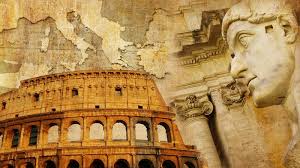
As we move into the era of the Greek and Roman empires, Africa’s name started to change. These empires helped spread the name “Africa” that we know today.
The Romans really pushed the name into common use. They called the northern part of Africa—modern-day Tunisia—“Africa.” It likely came from a local tribe called Afer or the Latin word aprica, meaning “sunny.” The Romans used this name for a land that felt different from the rest of their empire.
As the Roman Empire grew, “Africa” began to refer to more of the continent. By the time the Empire declined, the name was widely used for the lands south of the Mediterranean.
The name kept changing as European powers began mapping Africa during the Renaissance. Different regional names were replaced with a more common term, and “Africa” became the go-to name for the whole continent.
Colonization and the Spread of Africa’s Name
The Age of Exploration changed the game for Africa’s name. In the 15th century, European powers explored and colonized Africa, making the name “Africa” even more popular.
Explorers like Vasco da Gama and Christopher Columbus mapped out parts of Africa and began claiming lands. This marked the start of seeing these areas as resources to use. Colonial powers drew borders without thinking about existing cultures and imposed their own names.
As European colonies grew in the late 1800s and early 1900s, the name “Africa” was firmly established. However, many ancient names and identities were lost or ignored as colonial powers took control.
This period also shifted how the world viewed Africa. It was often seen in a negative light in European writings and maps, which affected views for many years.
Africa Today: A Symbol of Unity and Strength

Today, Africa is home to over 1.4 billion people. The name Africa now stands for a continent filled with diverse cultures, languages, and peoples. It carries a complex story. On one hand, it shows the unity of a big and varied land, stretching from the Mediterranean to the Cape of Good Hope.
But for many, Africa’s name also carries the weight of colonial history. Some want to go back to using Alkebulan to reconnect with ancient roots. Others see Africa as a symbol of strength, showing how the continent has risen above challenges to become a place full of culture and growth.
Africa is now viewed as a continent on the rise. It has emerging economies, growing political stability, and a thriving arts scene. The name Africa reflects not only past struggles but also the exciting future of its people.
Fun Facts About Africa’s Name
– Africa is the only continent whose name starts and ends with the letter A.
– The name Africa is recognized in more than 1,500 languages worldwide.
– Early explorers thought Africa was filled with dangerous creatures. Some even drew maps with dragons and giant snakes!
Why Does This Matter?
Understanding the history of Africa’s name helps us connect with its rich culture and the people who shaped it. Africa isn’t just a place—it’s part of human history.
Learning how Africa got its name helps us see its importance in the world today. It helps us appreciate Africa’s many contributions to culture, science, and history, as well as its efforts to deal with current challenges.
Africa’s Legacy Moves Forward
As the sun sets over the African savannah, the name Africa carries a lot of meaning. From Alkebulan to its growth under Greek and Roman influence, and now as a sign of unity, Africa’s name is filled with history and hope.
The story of Africa’s name reflects its tough spirit and rich culture. It is a name that stands for both a powerful past and a bright future. As Africa continues to move forward, its name will keep symbolizing both its challenges and its strength.
